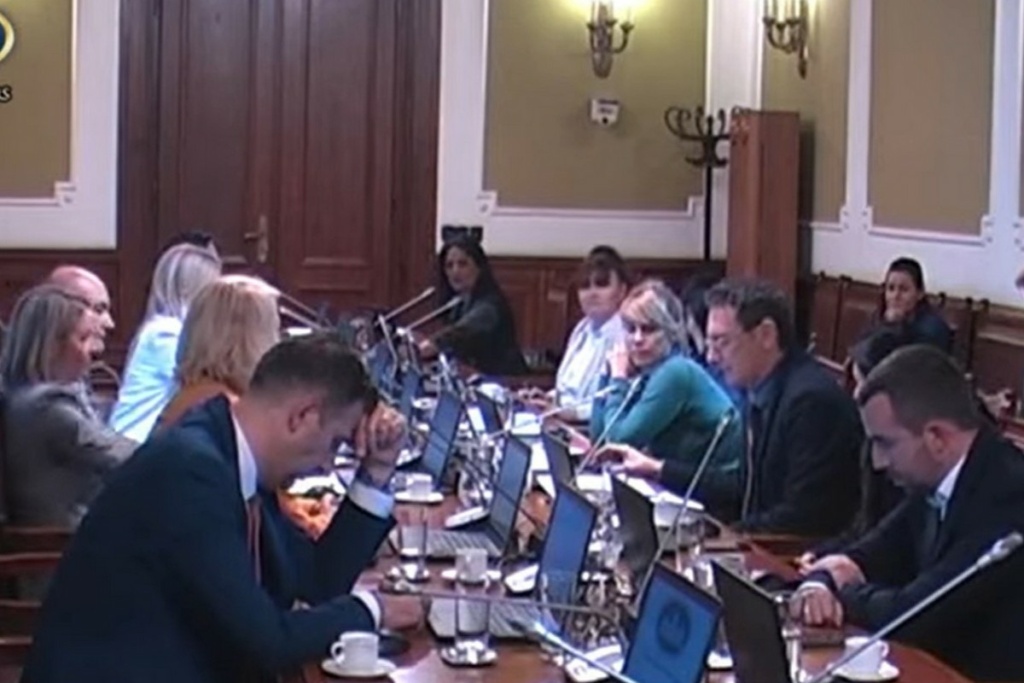Journalist salaries are very low and that often leads to them switching to the city administration or other companies. At the same time, the City also supports projects from other areas. Journalists and media owners in Leskovac note that media receive money in contests for project co-financing for monitoring the work of the mayor and city administration, which contradicts the meaning of project co-financing – projects should be in the interest of all citizens, and not just local governments.
Representatives of the City note that this problem arose due to local journalists’ inability to report on certain topics. They point out that they do everything on the basis of laws and regulations on the distribution of funds, which is why they can’t give money solely to Leskovac-based media, which is one of the most common complaints coming from the media and the civil sector.
While journalists, editors, media owners and representatives of non-governmental organisations in Leskovac believe that the quality of information in the city is very low, citizens questioned in a telephone survey conducted for the purpose of this project said that they are satisfied with the level of informing, but also point out that the media and journalists are under political and other influences. As the biggest shortcoming of the local media, citizens emphasised non-objective reporting, as well as a lack of current topics and insufficient numbers of journalists. These are some of the conclusions drawn by Marko Vujačić, executive director of the Slavko Ćuruvija Foundation, at the public debate organised in Leskovac to present the results of the research conducted.
Huge number of media
“Leskovac has a huge number of media outlets. Nowhere are there more television companies and internet portals in such a small area as ours, but they are all newsrooms with a very small number of journalists, which is why we can’t always monitor all areas of social life. That’s also why (in the survey) the result is that people believe the information they receive, but that there is not enough information,” said debate participant Nataša Đorđević, editor-in-chief of Television Leskovac.
Jovan Jović, head of the City of Leskovac’s Department of Culture, Sports and Information, stressed that the local self-government is aware that the amount of 20 million dinars, which is how much the local self-government allocates for media content project co-financing, is a small amount. “We don’t finance the media completely, as such this is only support for the media to realise the best projects that are in the public interest for both the City and the local community. The City administration, which is responsible for monitoring funding contests, controls the activities conducted. This is the first year that we have introduced the submitting of quarterly reports [only annual reports were previously applied], precisely in order to see how citizens’ funds are spent. Only when we confirm that this is okay do we permit the next instalment of funds,” explains Jović. “Of 39 submitted applications for the contest, we supported 19. We didn’t go for the principle of giving to everyone and for everyone to be satisfied. This is precisely the statistic that confirms this is not the case.”
In response to journalist Bratislav Lekić’s question of the extent to which projects are respected and where the quality lies, Jović explained that media companies that fail to respect the dynamic of the realisation of projects will not be supported in the period ahead and that “there is even a legally defined period of two years”. Jović did not discuss the quality of co-financed projects or media content.
Jugoslav Tomić, owner of Radio 016, noted that the Administrative Court, on the basis of a lawsuit he filed, overturned the decisions of the Department of Social Affairs and Local Development on the allocation of funds to the media for 2015 and 2016 due to a number of omissions. “It is only in Leskovac that the administrative court overturned two decisions in two years on the allocation of funds. We will not stop here and will soon cancel the contest for 2017, but, unfortunately, the Administrative Court is not in a position to do anything beyond making this judgement, so the local self-government exploits that,” said Tomić.
Editor-in-chief of the JUGpress Regional Information Agency, Ljiljana Stojanović, pointed out a problem that journalists increasingly face, and that is payments or non-payments from the local self-government for monitoring certain activities. “Media companies that operate according to purely economic principles do not realise that not receiving money to monitor sessions of the Assembly doesn’t mean they shouldn’t monitor them. There are some things that it is simply obligatory to monitor, because they are in the public interest and because that’s why the media exist. If they only report on that for which they receive money, then they should only report on their own projects. The local authorities also don’t realise that money isn’t only given to monitor the work of the mayor, rather due to project activities,” she said.
Debate participant Ivan Grujić, from Education Centre Leskovac, proposed that all those who receive funds from the City be obliged to publish their media content not only on their own portal, but also in a single place on the website in order for it to be accessible to everyone.




 Silovanje ili cenzura: Na šta to smrdi Pepe le Tvor?
Silovanje ili cenzura: Na šta to smrdi Pepe le Tvor? Kako ojačati lokalne medije i obnoviti informisanje o radu opštinskih vlasti: Britansko rešenje daje rezultate
Kako ojačati lokalne medije i obnoviti informisanje o radu opštinskih vlasti: Britansko rešenje daje rezultate Medijski amandmani umiru u skupštinskom mraku: Noćno zasedanje Odbora, u četiri čina
Medijski amandmani umiru u skupštinskom mraku: Noćno zasedanje Odbora, u četiri čina
Ostavljanje komentara je privremeno obustavljeno iz tehničkih razloga. Hvala na razumevanju.